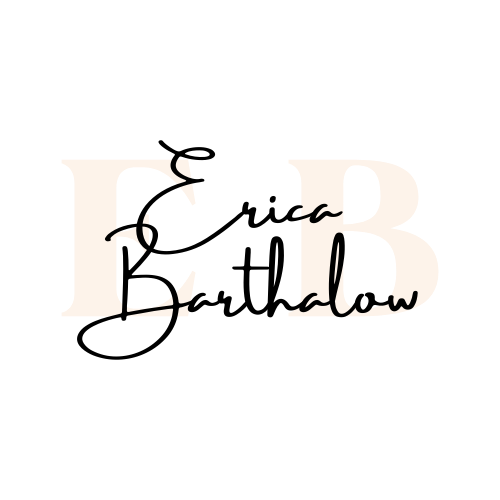Deconstructing Doubt: In Praise of a Thoughtful Faith
When I first began to notice the cracks in my faith, which would soon split into a self-imposed chasm between me and God, my heart was gripped with anger and fear. Anger over the circumstances that caused my questions, and fear that I may never find my way back to the warmth and safety of the Father and the beliefs that had cradled and shaped me since childhood.
As I traveled that dark road, holding up each truth I had been taught growing up in church, truths I had treasured without question, to intense scrutiny I discovered several things that shaped the faith I carried out of that season:
1.There’s no need to fear our questions. We serve a God who not only welcomes them, he also loved to ask questions.
One of my favorite things about Jesus when he walked the earth, was he often responded to questions with a question (or a story).
While fear is normal, especially when our faith foundation is rocked, it can be healthy and helpful to lean into our questions. Because the Spirit of the Lord dispels fear and he welcomes our questions, a season of doubt doesn’t have to be marked by an absence of his Spirit.
2. Mystery can be a gift
I love certainty. In my season of doubt, uncertainty about the mystery of God made me wither and shrink, lashing out in anger and cynicism. However, learning to cultivate an appreciation for the mystery of God has done more for my faith than almost anything else. Allowing God the room to be greater than my ability to comprehend has given me a deeper appreciation for him and his work in my life.
3. Traditions are not the Gospel
As I look around at a growing culture of faith deconstruction, I can’t help but feel slightly hopeful. Even though some of it is infused with anger and an evangelistic spirit of de-conversion, I believe engaging with our questions, and those who question, creates an opportunity to forge a deeper and, ultimately, sturdier faith. In my experience, exploring my doubts and examining my beliefs helped me realize that some things I had treated as Gospel were really just traditions. Because we’re human and imperfect, every denomination and faith tradition has beliefs they treat as tenets of faith when they’re merely traditions that have been passed through generations.
Martin Luther was considered by many in his day to be a rebel, and he was without a doubt, a tortured soul. Not quite sure where he stood with God or the church, but he is evidence that the courage to examine and question the established order and traditions can lead to powerful change.
4. Be patient with yourself—and others
If I could go back and tell myself anything during my season of doubt, I would give myself permission to ask my questions and even be angry, but I would beg myself not to reject God—because he never rejected me. Fortunately, I was blessed to be surrounded by a community that accepted me, even as I questioned. Who created space and moments for conversation. Sadly, I think many people who find themselves on this path, don’t have that same experience.
If you, or someone you love, find yourself in the grip of a crisis of faith, treat yourself with kindness. The Lord does the same. I found he met me with the deepest and most profound kindness I have ever experienced. Even as I angrily voiced my suspicions, he didn’t reject me. He pursued me and ultimately welcomed me back, having fortified my soul and my relationship with him through the experience.
Perhaps this wave of deconstruction is a new generations’ reformation? Only time will tell. In the meantime, may our questions lead us to the feet of Jesus in humility. And may each questioning heart rediscover, as I did, that while some of the beliefs and traditions I absorbed as a child/young adult were quite imperfect, our Jesus is perfect still.
